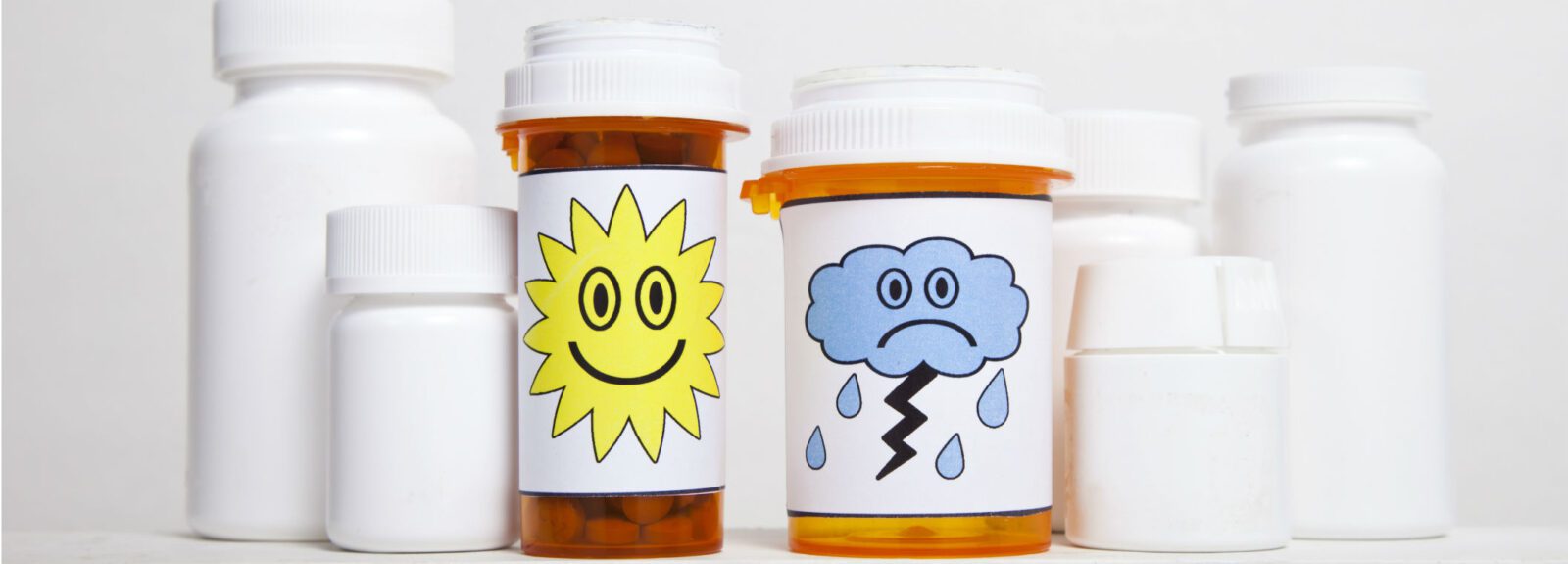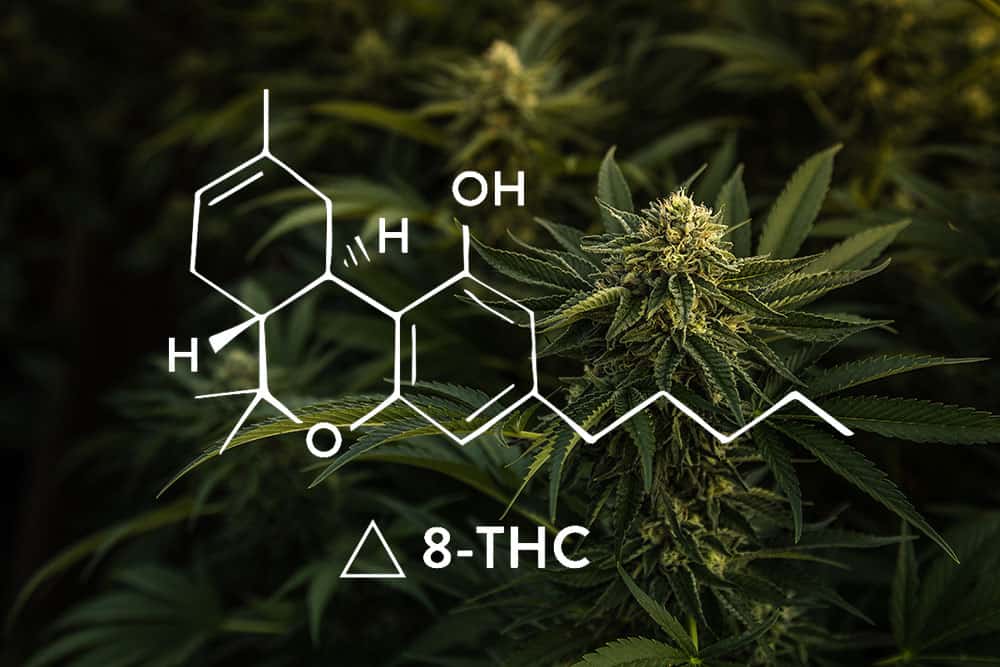Despite these advances, there is still considerable stigma attached to addiction which remains a significant barrier. Many uniformed people don’t fully understand why someone would continue to use substances or repeat behaviors despite the negative consequences. Why don’t they just stop?
The stigma applies to mental health as well. Anxiety, the most common mental health diagnosis, affects 18.1% of U.S. Americans, according to the the ADAA (Anxiety and Depression Association of America). Despite the prevalence of individuals struggling with mental health,
there is still a widespread notion that addiction and depression are choices that people make, whereas medical conditions such as cancer and diabetes are viewed as real diseases that people fall victim to. The truth lies somewhere between victimhood and choice. People may be able to take steps to manage their depression, but it can be difficult and may require professional guidance and support. In the same way, people can reduce their risk for cancer and they can often treat their cancer with expert medical care.
Drug addiction
Addiction is a brain disease. The dopamine response, which is the brain’s mechanism for rewarding behaviors that are advantageous to the survival of our species, becomes hijacked. This applies to all addictions, including porn, social media, gambling, and drug addiction. Some people are more predisposed to this hijacking, just as some people are at a higher risk for heart disease. Drugs and alcohol further influence brain chemistry, which can affect other aspects of mental health and cognitive functioning. Because of the complexity of our bodies and the narrow definitions of mental health issues, there is a lot of overlap between drug addiction and other mental health disorders.
Co-Occurring Disorders: Mental Health Affects Substance Abuse
When someone struggles with mental health and substance use disorders, the mental health diagnosis is typically referred to as a co-occurring (or co-morbid) disorder. How mental health affects substance use depends on the individual. According to the National Institute of Mental Health (NIMH) 39.1% of people who had a substance use disorder in 2014 also struggled with another mental health issue. With this in mind, it is critically important that when individuals seek out help and support that they properly address both the substance and underlying mental health disorder effectively.
We all have our struggles. We have all experienced anxiety, we all have thought patterns that hold us back and weigh us down. Some people use exercise to “get out of their head” and others take medication.
Having a few drinks after work is a form of self-medicating, as is smoking pot. We all choose to numb out our emotions at times, but when we start to depend on substances to deal with our feelings, we are paving the road to addiction.
Drugs and Alcohol affect Mental Health
Drugs and alcohol, when used consistently, contribute to mental health problems. Many drugs like alcohol are depressants, others make anxiety worse.
People often look back on how their substance use started and see that they were managing mild levels of emotional distress with substances and now are struggling with both substance use and more severe mental health issues.
The moral of the story is that in an ideal world, we would deal with emotional distress on the spot and never numb or distract ourselves. In reality, no one is capable of doing this. Based on our biology, our home environment and life events, we all have different emotional reactions to situations.
How can we start to deal with our emotions differently?
By developing a relationship with them.
Emotions are the body’s way of communicating. If you took a Xanax every time your anxiety ramped up, it’s akin to putting your headphones in every time your partner starts to say something you don’t agree with. Your partner wants to feel heard and understood and so does your body.
Next time you notice an emotion arising, try to listen carefully. What physical sensations do you notice? If you stick with just feeling those sensations and not following any thoughts associated with it. Try not to take any immediate action based on the emotion.
This is a challenging practice, so start with manageable feelings. I practice feeling my impatience when I’m stuck in traffic. I’ll take a few deep breaths and usually notice that my fingers are gripping the the steering wheel and my shoulders are up at my ears. Just bringing awareness to this tension allows me to relax my body and the impatience usually fades.
Treatment for Co-Occurring Addiction and Mental Health Struggles
It’s not always as easy as described above to manage your emotions. If you are struggling with drugs or alcohol addiction it helps to have support. There are many options out there, from attending groups, getting a sponsor, finding a therapist or enrolling in a treatment program.
Sandstone Care’s admissions team is devoted to helping adolescents and young adults and their families find the support that best suits their needs. If you are not sure where to start, give us a call at (888) 850-1890 and we can point you in the right direction.




